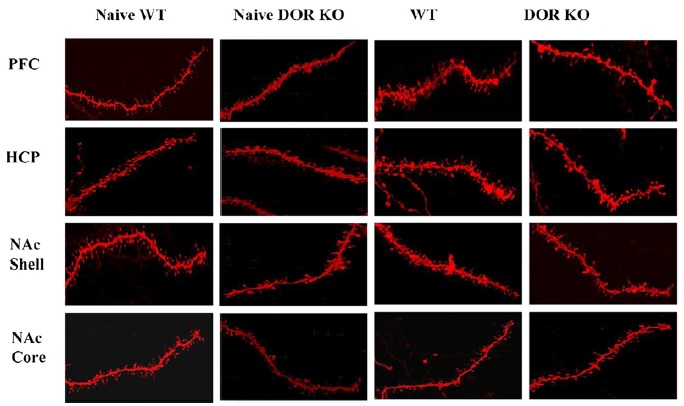A new neuronal receptor involved in eating disorders has been discovered
Scientists of Pompeu Fabra University reveal the role played by the delta opioid receptor in the feeling of pleasure obtained when eat palatable food like chocolate.
Obesity and excess food intake pose major health problems for developed countries. These disorders depend on both genetic predisposition and the environment. Easy access to and the availability of palatable food contribute to the high rate of obesity today: according to data from the World Health Organization (WHO), 13% of the adult population suffered from obesity in 2014, and this percentage is set to increase over the next few years.
There is a large amount of scientific evidence that relates the consumption of palatable food with the endogenous opioid system, a network of neural receptors linked to opioid substances like heroin. Scientists at the Department of Experimental and Health Sciences (DCEXS) of Pompeu Fabra University have investigated the role of the delta opioid receptor (DOR) in the pleasant sensation we get when we eat palatable food like chocolate.
Food’s palatable properties cause the activation of the so-called reward system in the brain, which results in a feeling of pleasure. This feeling contributes to the desire to repeat the experience, in this case sometimes resulting in excess intake that gives rise to overweight or even obesity. Food, like drugs, activates the brain’s mesocorticolimbic system, involved in the pleasing effect promoted by different stimuli, and may trigger adaptive responses reminiscent of those induced by drugs of abuse.
The role played by some types of opioid receptors in obesity and eating disorders is well known. However, little is known of the involvement of DOR in these disorders. In this study, the team led by Rafael Maldonado, head of the Neuropharmacology Laboratory at UPF, examines the role played by DOR in the reward response and in changes in brain plasticity induced by palatable food. To do so, they used transgenic mice that genetically lack this receptor.

The results reveal the involvement of DOR in the effects of reward, motivation and impulsive behaviour induced by chocolate. The mice that do not have DOR seem to have lost the motivation towards chocolate, showing a decline in the compulsive behaviour that chocolate can cause in normal mice. This change was accompanied by an alteration in neuronal plasticity in the brain areas that control this behaviour, which also occurred depending on the DOR.
Thus, DOR are involved in motivational properties and the loss of control of behaviour that can be brought about by palatable food, as well as the impulsive responses associated with the search for this food, all dependent on the brain’s reward system. These results provide new breakthroughs in understanding the neuronal changes related to food-seeking behaviour that may trigger eating disorders, and highlights the relevance of DOR as a possible therapeutic target in these disorders.
Figure: Neuronal changes induced by the consumption of chocolate in mice that do not express the DOR receptor (DOR KO) and normal mice (wild type).
Reference work: Samantha Mancino, Sueli Mendonça-Netto, Elena Martín-García, Rafael Maldonado. Role of DOR in neuronal plasticity changes promoted by food-seeking behaviour. Addiction Biology, May 2016. DOI: 10.1111/adb. 12401
